We read this week of more judgment that is poured out upon the earth and there are parallels to the plagues that afflicted Egypt. This similarity is helpful in understanding how these trumpets, seals, or bowls operate in God’s grand plan. Just as the plagues in Egypt were not random acts of God’s vengeance, neither is what we see in Revelation. The plagues were a judgment on Egypt, but there were also the means by which God brought about the deliverance of his people. Likewise, the wrath that comes upon the earth is judgment, but it also has the purpose to be a means of God’s restoration of his creation. It is judgment, but it also plays a part in how God’s faithful people will be saved.
God rescues righteous Lot?
 If you are familiar with a text from 2 Peter, you may have some questions as you’re reading about Lot in Genesis. Peter says God “rescued righteous Lot” (2:7). But given his deeds in Genesis 19, Lot doesn’t seem so righteous.
If you are familiar with a text from 2 Peter, you may have some questions as you’re reading about Lot in Genesis. Peter says God “rescued righteous Lot” (2:7). But given his deeds in Genesis 19, Lot doesn’t seem so righteous.
I found an article, by academic dean and pastor in Hawaii, Chris Bruno (PhD from Wheaton), helpful in trying to understand how both passages can be read together. Bruno writes:
It seems that the only way to affirm both the account in Genesis 19 and the teaching of 2 Peter 2 is to read both in concert. And when we are reading these texts canonically and Christologically, the pieces fit together in such a way that they can only lead to one conclusion: Lot was simultaneously righteous and sinful.
Read the rest on The Gospel Coalition’s website.

